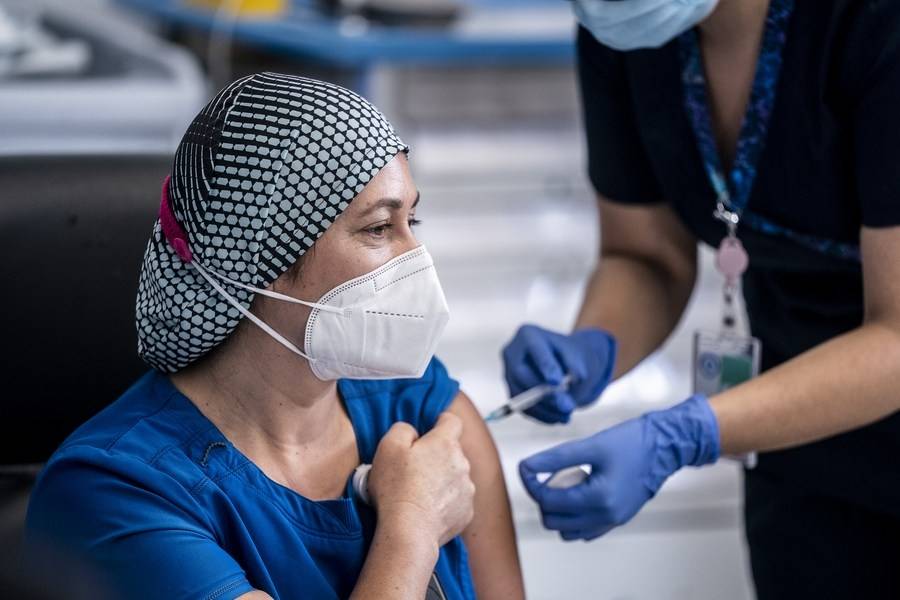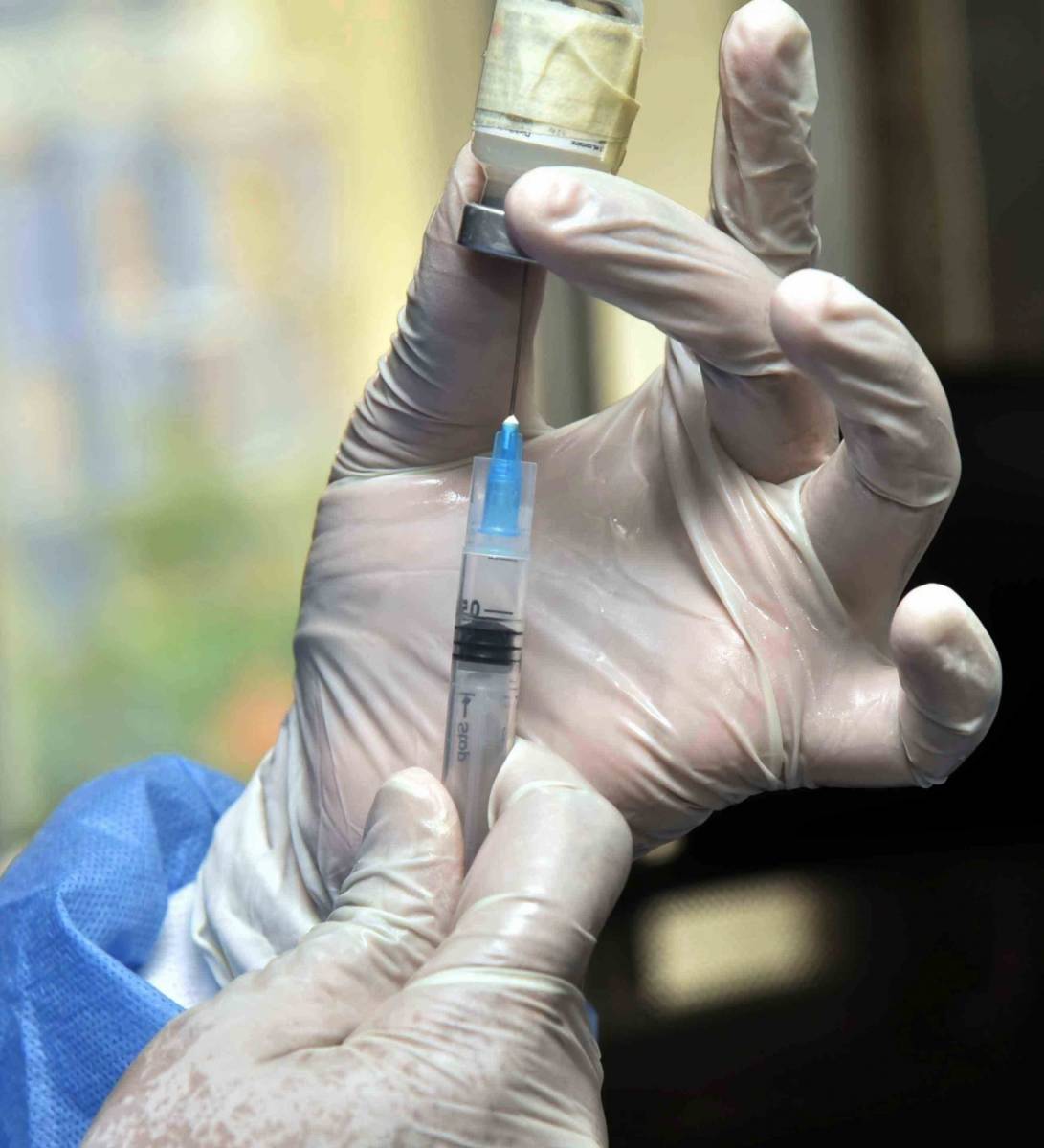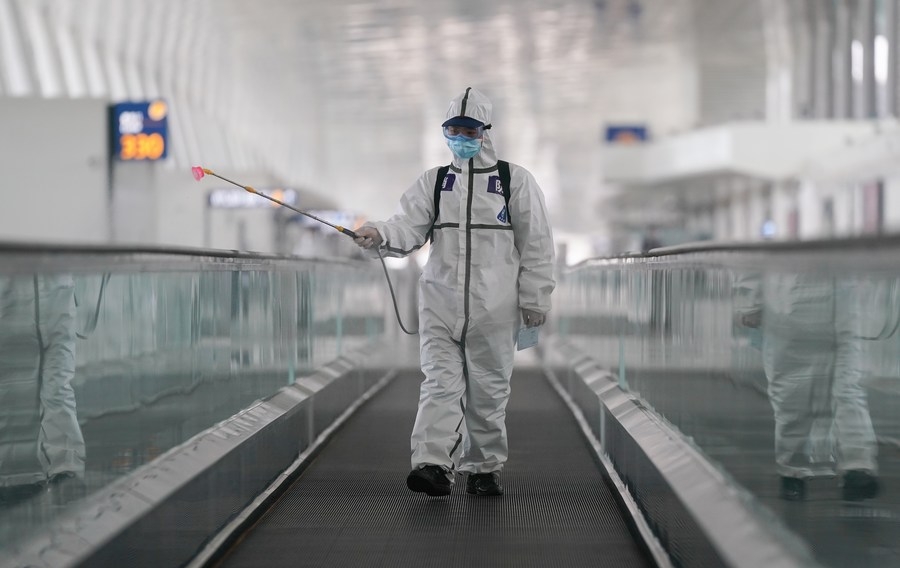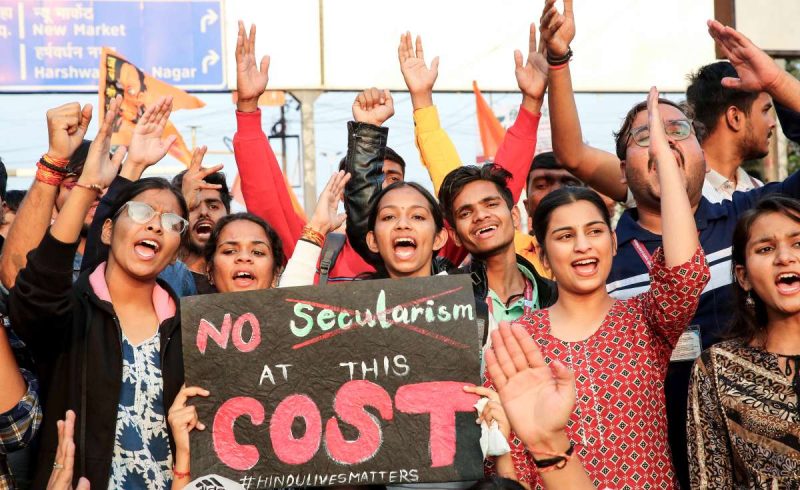The study, published in the journal JAMA, analysed reports collected via a Centers for Disease Control and Prevention (CDC) programme called v-safe that tracks side effects in vaccine recipients….reports Asian Lite News
In a first, a new study has pointed out that those taking the Moderna vaccine have reported more side effects than people who get the Pfizer/BioNTech jabs.
The study, published in the journal JAMA, analysed reports collected via a Centers for Disease Control and Prevention (CDC) programme called v-safe that tracks side effects in vaccine recipients.
A total of 3,643,918 people were enrolled in v-safe and completed at least one health survey within seven days following their first vaccine dose before February 21, and 1,920,872 v-safe participants reported receiving a second vaccine dose and completed at least one daily health survey within seven days following the second dose.

Nearly 70 per cent of those said they had some kind of injection site reaction, like pain or swelling, and half had generalised reaction like fatigue or chills.
“A greater percentage of participants who received the Moderna vaccine, compared with the Pfizer-BioNTech vaccine, reported reactogenicity; this pattern was more pronounced after the second dose,” the researchers noted.
Also read:CDC reveals Pfizer, Moderna jabs effective in real world
Reactogenicity refers to a subset of reactions that occur soon after vaccination.
People who got a Moderna shot were more likely to have a side effect — 73 per cent had an injection site reaction, compared with 65 per cent of people who had a Pfizer/BioNTech dose.

Nearly 51 per cent of Moderna recipients had full-body symptoms, compared with 48 per cent of people who got the Pfizer/BioNTech shot.
The gap widened after the second dose.
Almost 82 per cent of people getting their second Moderna shot had injection site pain versus just under 69 per cent of people with Pfizer/BioNTech, reports The Verge.
“Overall, 74 per cent of people said they had general reactions after their Moderna shot, compared with 64 per cent of people getting Pfizer/BioNTech,” the report said on Tuesday.

People over 65 were also less likely to have side effects than people under 65, regardless of which vaccine they received.
“Data from millions of v-safe participants indicate that injection site pain is common after both the first and second doses of either mRNA-based vaccine,” the study noted.
Systemic reactions, including fatigue, headache, myalgia, chills, fever, and joint pain, occurred in participants after the first dose, although they were more frequently reported after the second dose among both Pfizer-BioNTech and Moderna vaccine recipients.
Also read:CDC reveals Pfizer, Moderna jabs effective in real world














